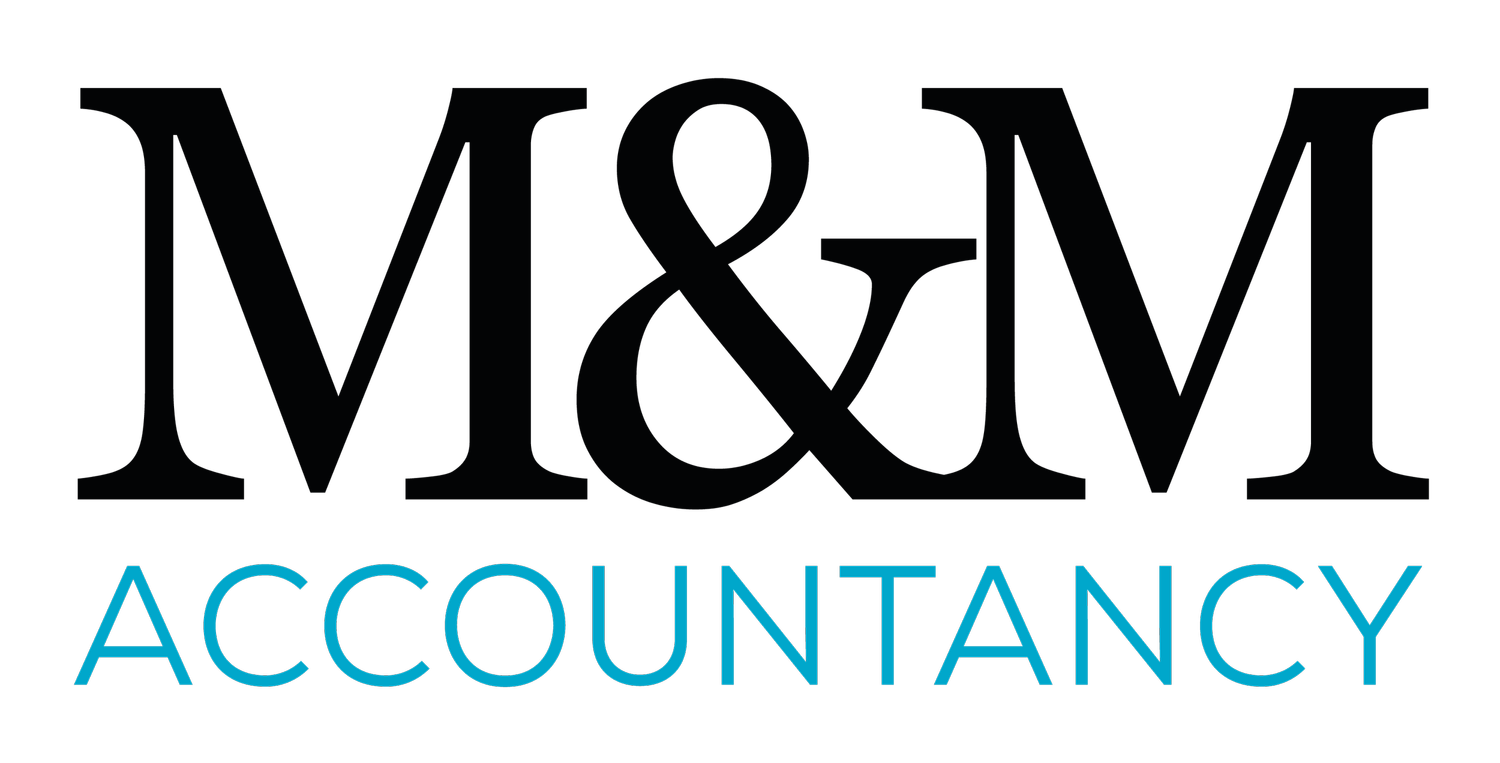Strategies for Optimizing Cash Flow in UAE SMEs
Introduction
In the UAE's dynamic market, small and medium-sized enterprises (SMEs) face unique financial challenges. Effective cash flow management is essential for sustaining operations and fueling growth. This blog offers an in-depth exploration of strategies to optimize cash flow, critical for SMEs aiming to thrive.
Understanding Cash Flow Challenges
Understanding the challenges of cash flow, such as payment delays and high operational costs, is crucial for SMEs in the UAE. Payment delays can restrict a business's ability to manage essential costs, while high operational costs can reduce profit margins, affecting growth and innovation opportunities. A strategic approach to enhancing financial health includes improving invoice management and expenditure control.
Utilizing digital invoicing and payment solutions can accelerate payment processes, and negotiating better terms with clients and suppliers, coupled with rigorous budgeting and cost optimization, can significantly improve financial stability. Leveraging technology for financial management offers real-time cash flow insights, supporting informed decision-making.
Invoice Management
Timely invoicing and robust accounts receivable management are foundational. Transitioning to automated invoicing systems can significantly speed up cash inflows by streamlining the billing process, reducing errors, and facilitating faster invoice delivery. This automation ensures invoices are sent immediately upon completion of services or delivery of goods, allowing for quicker payment processing.
Early payment incentives, such as discounts, motivate customers to settle their dues sooner than the due date, improving cash availability for the business. Early payments are crucial as they enhance liquidity, enabling a business to meet its short-term obligations, such as payroll and supplier payments, without delay. This approach not only stabilizes cash flow but also strengthens financial health by ensuring funds are available when needed.
Implementing automated invoicing and offering early payment incentives are key strategies for improving cash flow, ensuring businesses have the funds needed for essential expenses.
Expenditure Control
To enhance cash flow stability through expenditure control, it's essential to maintain a disciplined approach to managing outflows. By conducting thorough audits regularly, businesses can pinpoint unnecessary expenses or areas where costs can be reduced without sacrificing the quality of products or services. This strategic cost management not only safeguards cash flow but also strengthens the financial foundation of the business, ensuring resources are allocated efficiently and effectively to areas that drive growth and profitability. Effective expenditure control is a cornerstone of financial resilience, enabling businesses to navigate economic fluctuations and invest in opportunities for expansion.
Inventory Optimization
Efficient inventory management in the UAE's SMEs involves not just having the right stock but also ensuring it matches demand without over investment. Using advanced forecasting tools can guide businesses to keep inventory levels optimized, directly impacting cash flow by preventing excess capital lock-up in unsold goods. This approach balances supply with actual sales, enhancing financial liquidity. Proper inventory control is crucial for maintaining operational flexibility and responding swiftly to market changes, thereby safeguarding against the common pitfall of overstocking and its associated costs.
Accessing External Funding
Accessing external funding, such as short-term loans or lines of credit, is a strategic move to manage cash flow gaps effectively. This approach allows businesses to maintain operations and seize growth opportunities even during periods of cash shortfall. It's crucial, however, to carefully assess these financial instruments' suitability for your business model and ensure they align with your capacity for debt management. Responsible borrowing, considering the cost of capital and repayment terms, ensures that such financial strategies support, rather than jeopardize, your business's long-term financial health. This method not only bridges immediate financial needs but also contributes to sustained operational resilience and growth.
Leveraging Technology
Leveraging technology in financial management transforms how SMEs monitor and optimize their cash flow. By integrating modern financial software, businesses gain immediate access to their financial status, allowing for more accurate forecasting and strategic decision-making. This digital approach simplifies processes, reducing manual errors and improving efficiency. With such tools, SMEs can quickly adjust to market changes, ensuring financial operations support growth and stability. This shift not only saves time but also enhances the financial health of the business, making it essential for maintaining a competitive edge in today's fast-paced market.
Maintaining a Cash Reserve
Building a financial safety net is essential for resilience against unexpected challenges. By setting aside a portion of profits into a reserve fund, businesses can prepare for economic ups and downs. This strategic approach ensures that resources are available to manage unforeseen financial needs, maintaining operational stability and safeguarding against potential cash flow disruptions. Establishing such a reserve is a proactive measure that enhances a company's ability to weather financial uncertainties, providing a cushion that can be crucial for continuity and long-term success.
Navigating VAT and Taxation
Understanding and complying with the UAE's VAT and tax regulations is crucial. Effective tax planning helps avoid surprises that could negatively impact cash flow.
Engaging Professional Assistance
Understanding and adhering to the UAE's Value Added Tax (VAT) and taxation regulations is vital for SMEs to ensure cash flow is not adversely affected. Proper tax planning and compliance can prevent unexpected tax liabilities, which could disrupt financial stability. By staying informed and compliant with these regulations, businesses can avoid penalties and ensure they are not faced with sudden financial outflows that could negatively impact their operations. This preparation is key to maintaining a healthy cash flow and financial resilience in the competitive UAE market.
Conclusion
In navigating the intricate landscape of UAE's SME sector, mastering cash flow optimization is more than just a necessity—it's the backbone of enduring success and growth. With the strategies outlined, you're equipped to navigate through the complexities of financial management. However, the journey doesn't have to be walked alone. Partner with M&M Accountancy, where our global expertise meets personalized service. Let us guide you through optimizing your cash flow, ensuring your business not only survives but thrives. Reach out today and set your business on the path to financial resilience and prosperity.




